KATHMANDU: Private sector — the banking and financial institutions — have lauded the monetary policy 2021/22.
Participants of an interaction program on Monetary Policy 2021 organized by the Institution of Strategic and Socio-economic Research (ISSR) and Nepal Economic Association at the Pavilion Hall in Kathmandu Tuesday, lauded the policies incorporated in the monetary policy made public last week.
Speaking as a keynote speaker of the program, Governor Maha Prasad Adhikari remarked that the monetary policy was prepared by collecting feedback from scholars, professionals, professors, and the stakeholders of the business and banking sectors.
“We incorporated the feedbacks of the prominent thinkers and professionals and endeavored how to boost the self-confidence of industrialists and entrepreneurs,” the Governor of Nepal Rastra Bank said, adding, “Financial sector related issues are also considered the key governing issues in the policy.”
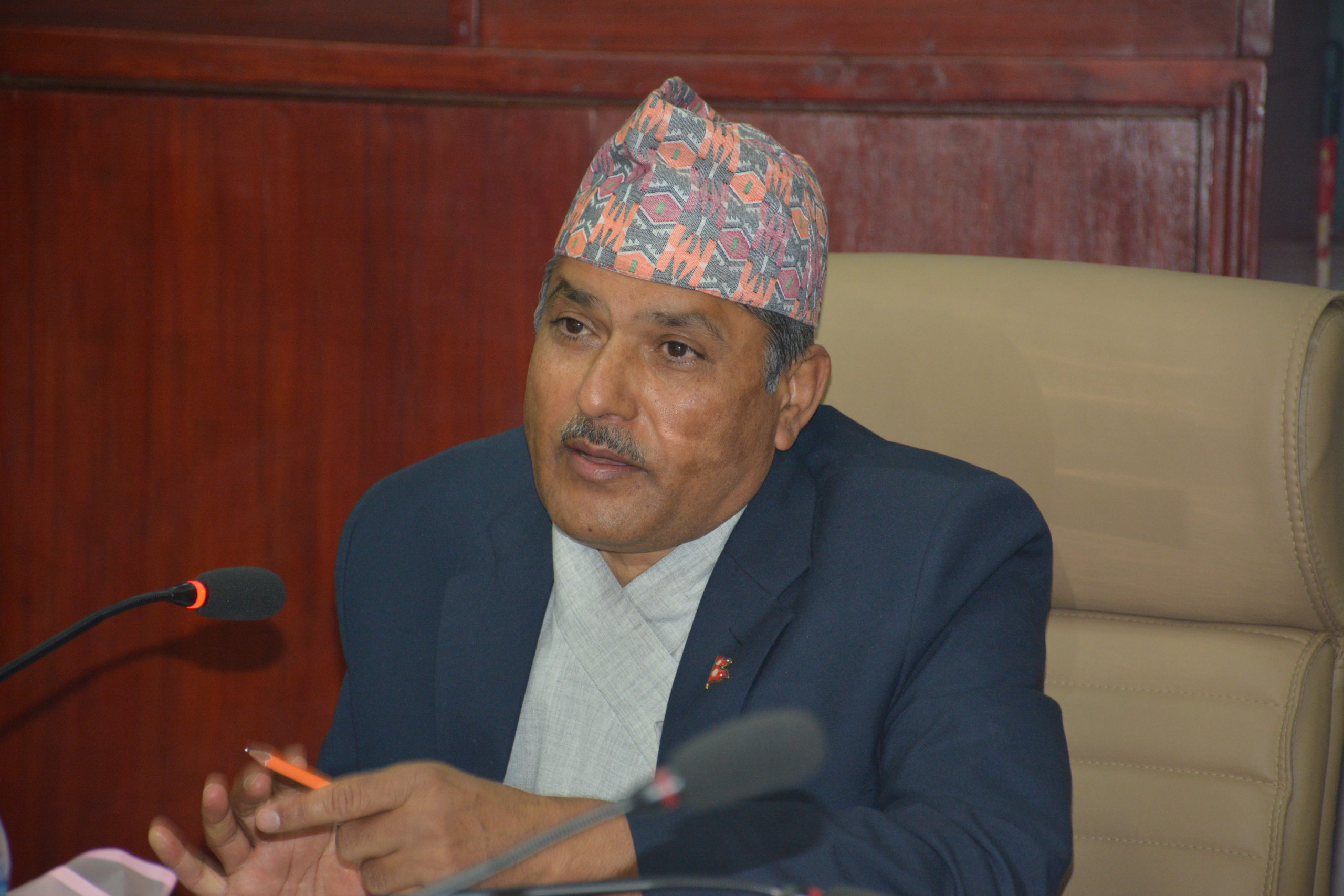
He highlighted the affirmative changes made in the policy and said that the policy related to the moratorium- introduced last year- has been carried on providing some more time to the pandemic affected sectors.
Governor Adhikari remarked that the policy has provisioned to support the sectors which witnessed the working capital collapse and have arranged to provide loans even if they do not have enough resources for collateral.
He remarked that inflation control has been the focus of the policy.
“Nepal Rastra Bank’s core mandate is inflation contend and the monetary policy has accepted the challenge,” Adhikari said, adding, “Inflation is expected not to go beyond 6.5 percent.”
Dr. Bishwambhar Pyakurel, Chairman of the ISSR remarked that the monetary policy has been a continuation of the focus of last year’s program roadmap with some additional inputs added after the revision of the policy.
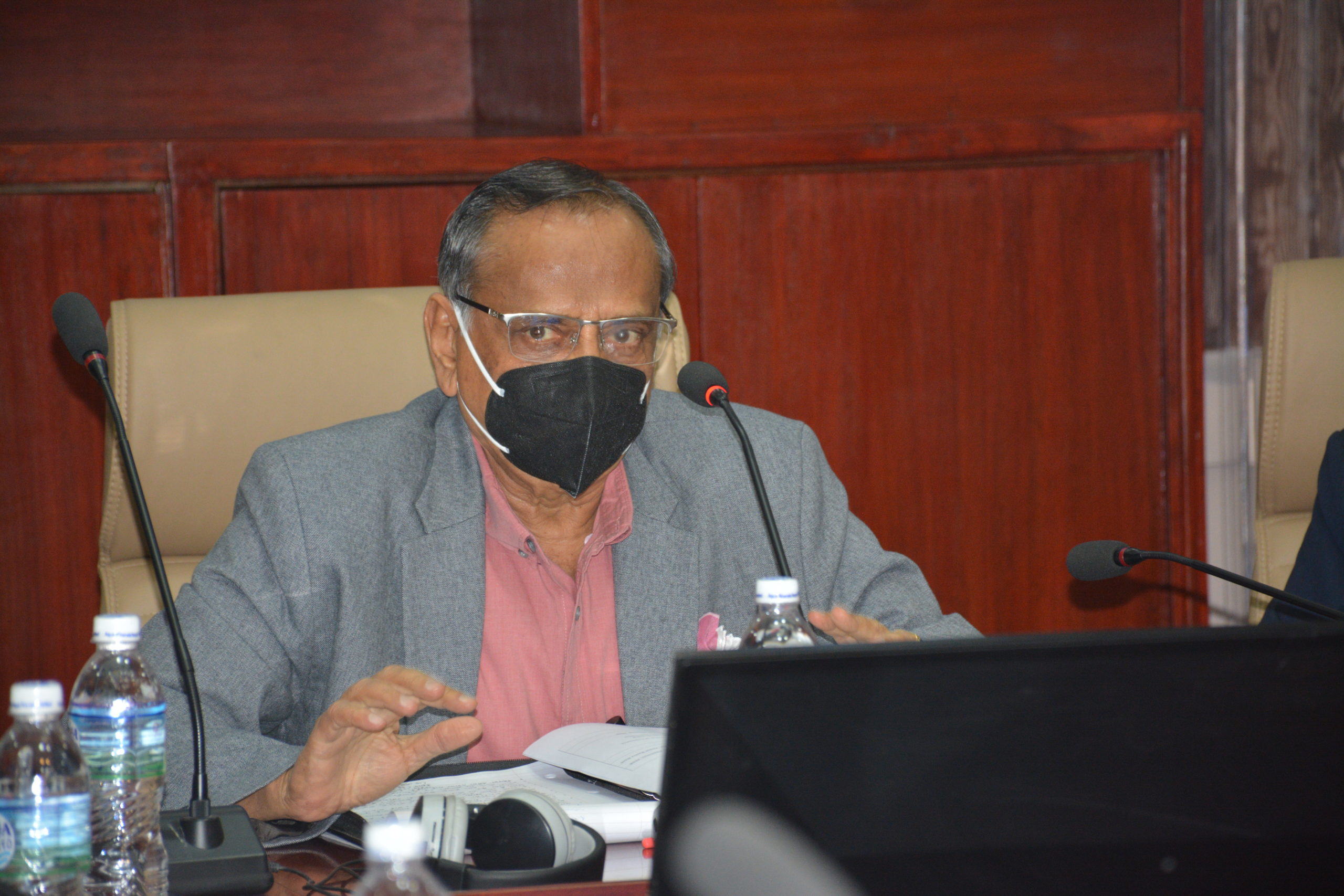
“The focus of the monetary policy has been on providing respite to the COVID-19 affected economy, the business sector by easing their access to country’s financial resources,” he said in his introductory remarks, adding, “The policy supports the recovery plans.”
Dr. Pyakurel hoped that the lack of coordination between the monetary policy and fiscal policy will be resolved this time.
Economist and Former Executive Director at Nepal Bank Keshav Acharya remarked that Nepal’s inflation rate is often less than India and added that NRB has a practical target in foreign trade.
Acharya also remarked that despite the fact that most of the aspects of policy seem similar, some concerns of the policy seem a bit impractical.
He expressed his concern about the price hike in petroleum products and its impact on the overall economy.
“Petroleum product’s price hike is a challenge as its consumption is increasing continuously,” he said.
He criticized the government’s focus on collecting more revenue by increasing the tax and said that to help the pandemic struck sector revive the government should incentivize the recovery attempts.
Vice-Chairman of Nepal Economic Association and the ISSR, Professor Dr. Govinda Nepal remarked that the focus of the monetary policy has been on the COVID-19 affected groups, especially, on the micro-entrepreneurs.
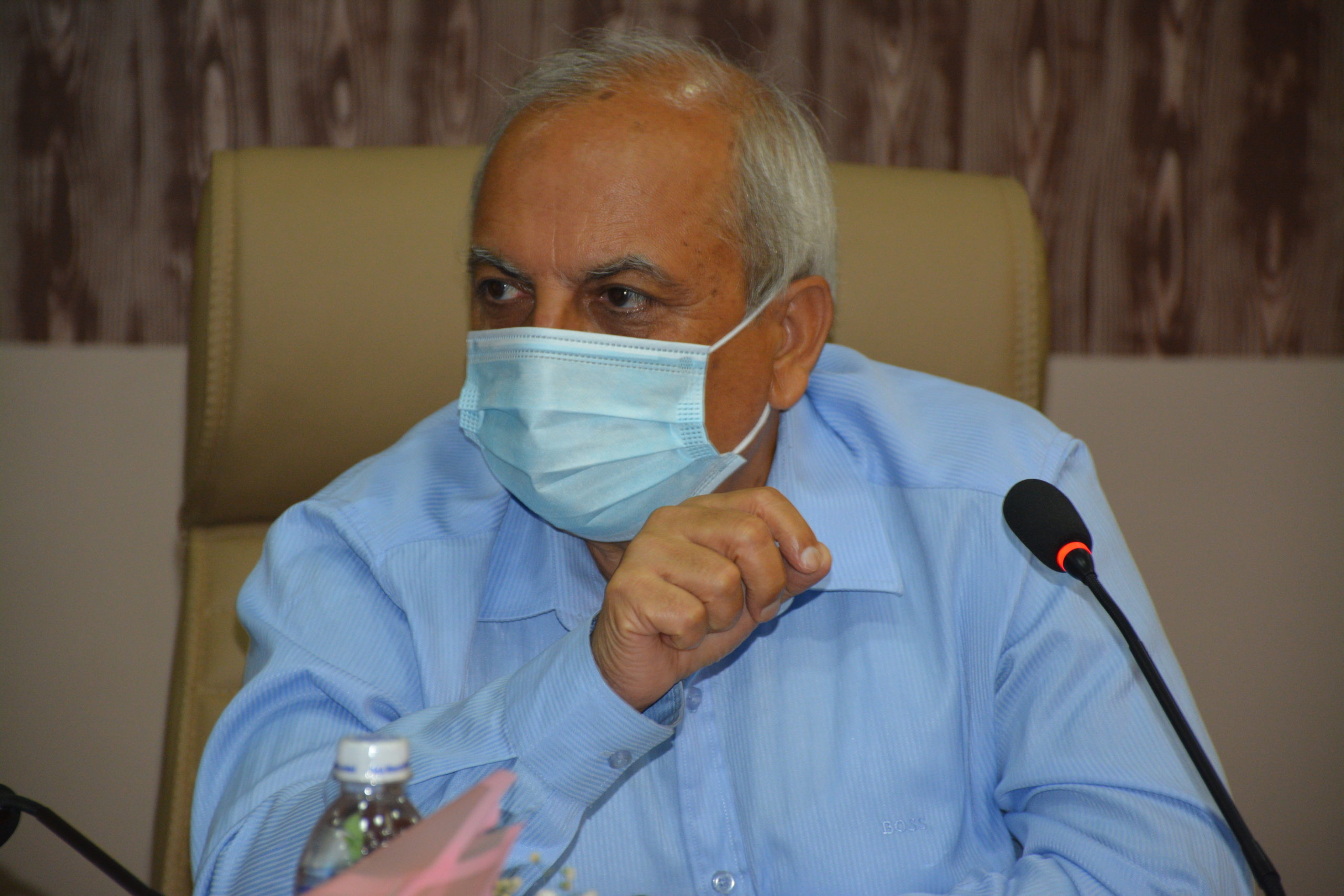
He also lauded the provisions relating to digitization and said, “The shift from the paper to digitization has to be institutionalized now. It is a good shift- forced by the coronavirus pandemic, there should be no retreat on it.”
Dr. Nepal also advised the monitoring authority to research where the loan or investment has been during the coronavirus time as some of the institutions have been profiting despite their claim of business decline.
Economist and Board of Director member of ISSR Dr. Rabindra Pandey recalled that the governor had collected inputs of former employees and experts at NRB. He was satisfied to see the feedbacks incorporated.
“We lauded the monetary policy of last fiscal year, this year’s policy is also a good revision and follow up of the previous one,” Dr. Pandey said in the program.
Predicting that the pandemic impact will take at least two more years for recovery, he advised focusing on behavioral factors rather than financial factors.
Kamalesh Agrawal, Vice-chairman of Nepal Chamber of Commerce, said that despite the good qualities of monetary policy the private sector had expected some more substantive programs.
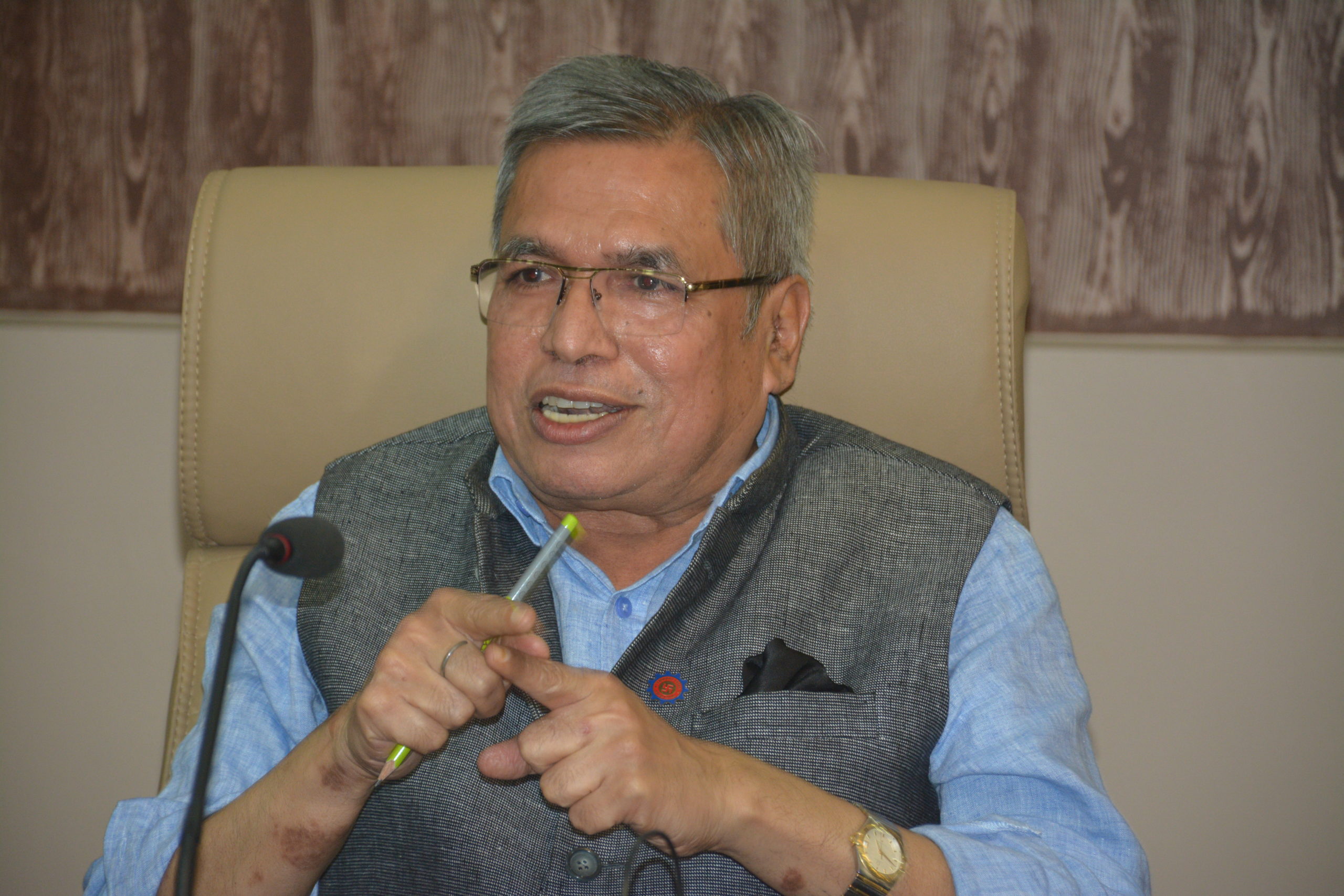
“Private sector expected extended monetary policy; however, the monetary policy had been a balanced one this time,” he said adding, “It is also appreciable.”
Agrawal pointed out some of the challenges of the policy introduced recently.
According to him, there are problems in some key issues like refinancing, ensuring the facilities, share loans and infrastructures.
Likewise, Pawan Golyan, the Chairman of Golyan Group and Confederation of Banks and Financial Institution Nepal, also appreciated the policy’s provision of encouraging ‘A’ grade banks’ mergers.
However, he advised the regulatory authority to consider the fact that the ‘B’ and ‘C’ grade banks are decreasing and the ‘A’ grade banks might not have enough representation in rural areas.
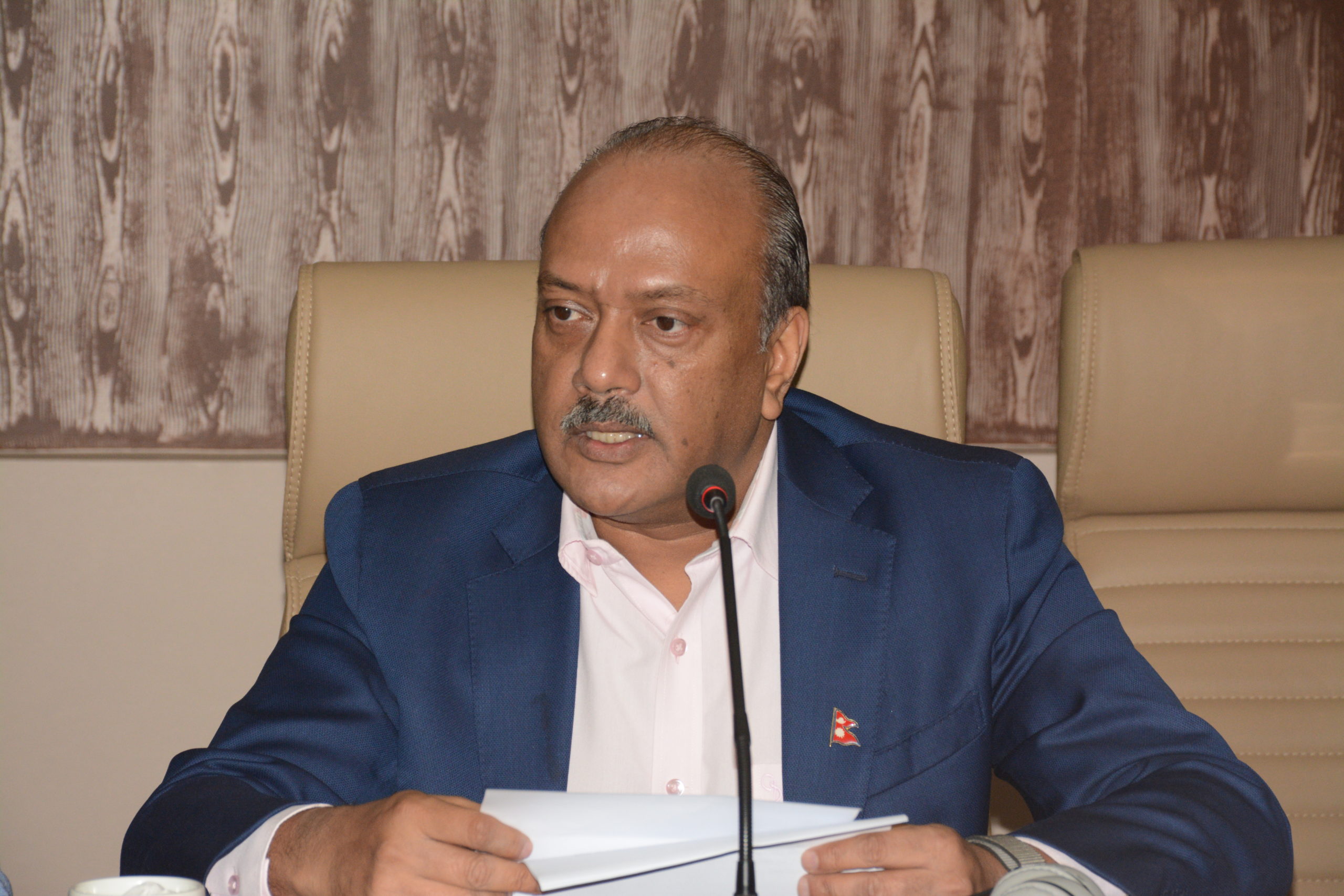
Responding to the allegations that banks and financial institutions have been collecting undue profit, Golyan urged NRB to make public the data of the transactions of other sectors as well.
“BFIs are transparent, they seem to be in profit; however, there are many sectors which are making profits yet their transactions have not been made public,” he said, adding, “This has led the public to believe that BFIs are the only sectors at profit.”
In his closing remark Dr. Pyakurel, the chairman of the program, remarked that this year’s monetary policy has announced refinancing, rescheduling and restructuring as its priority has adopted the flexibility in its tools.
The program was moderated by Gopal Prasad Tiwari, Director General of NEA.
Glimpses of the program
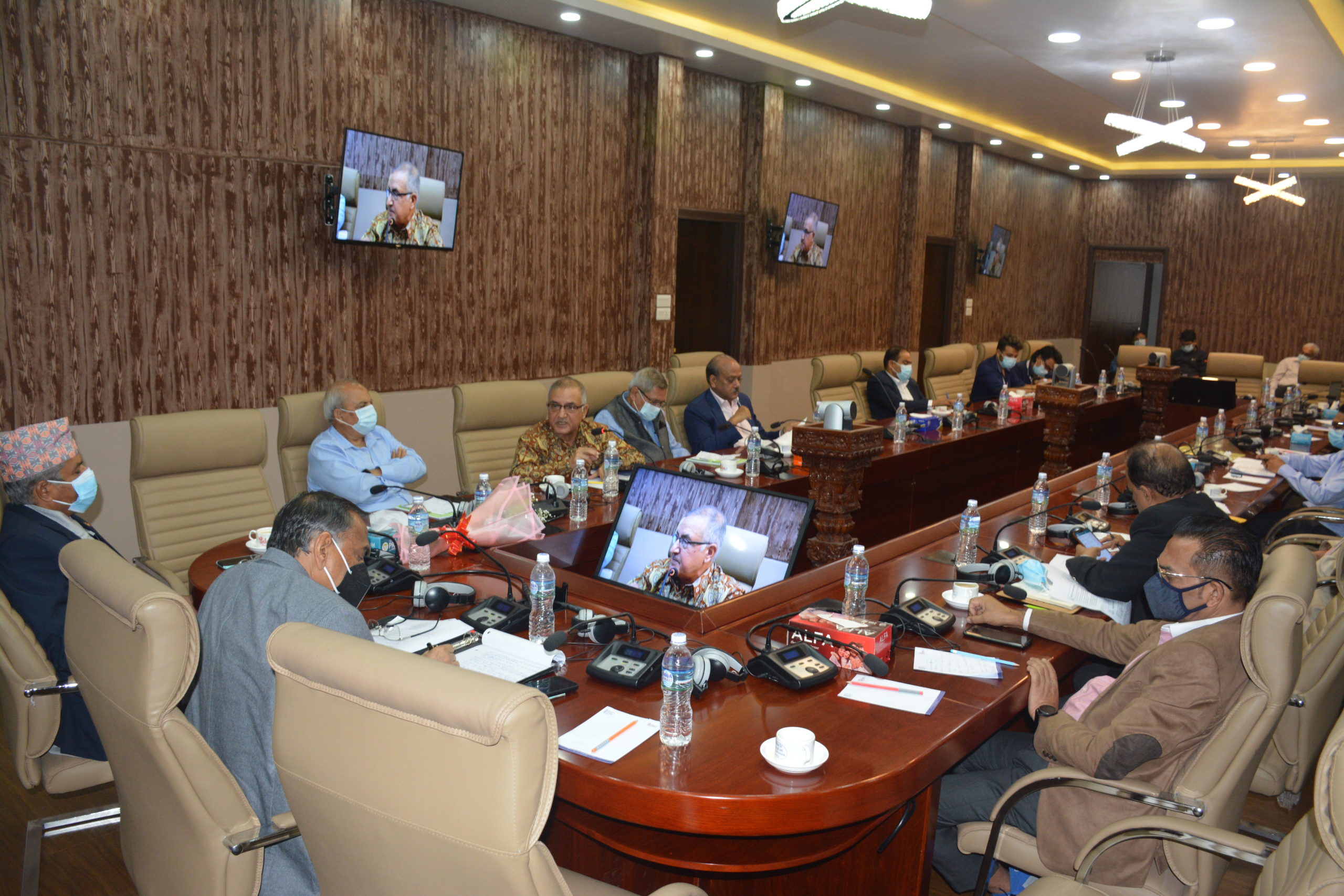
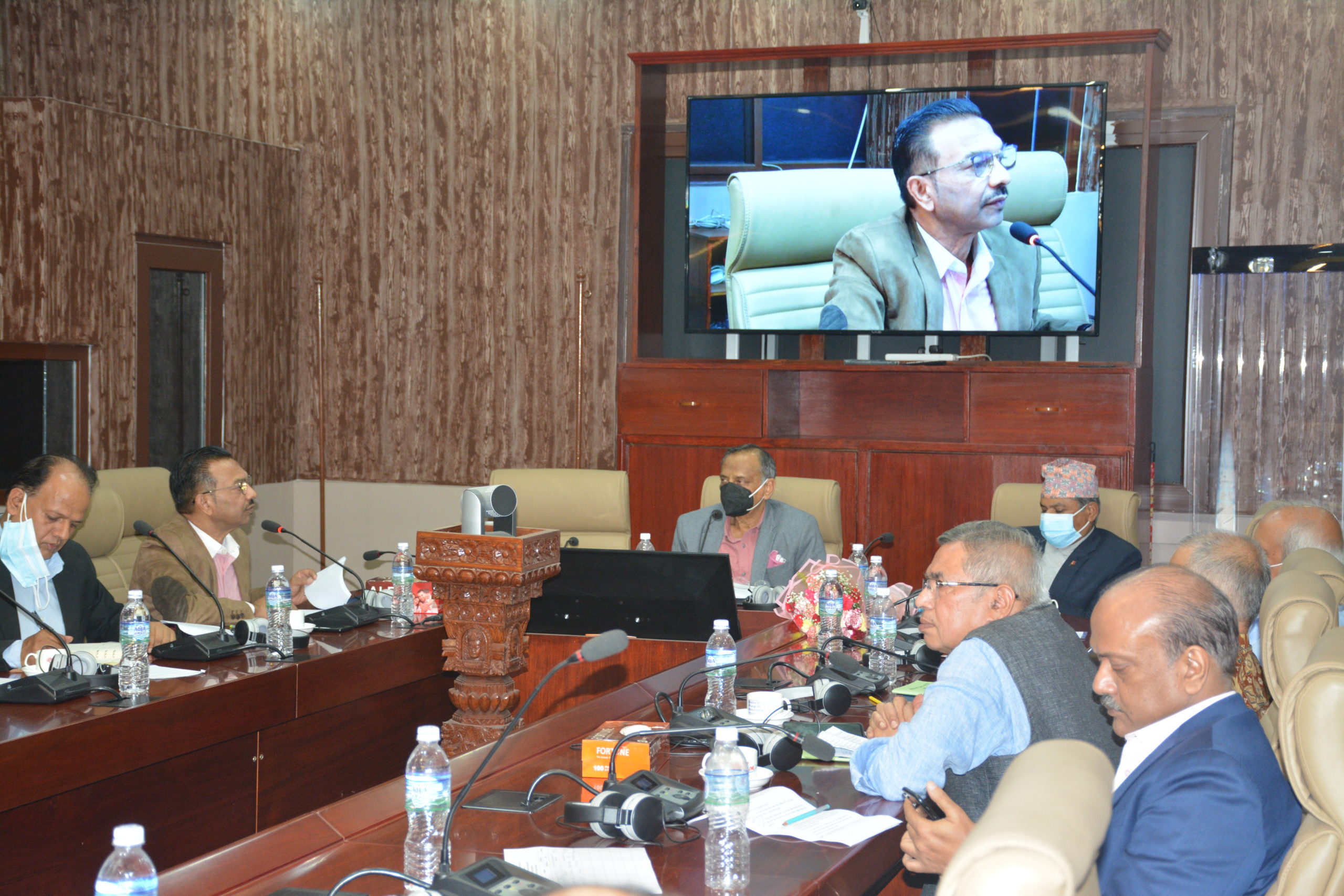


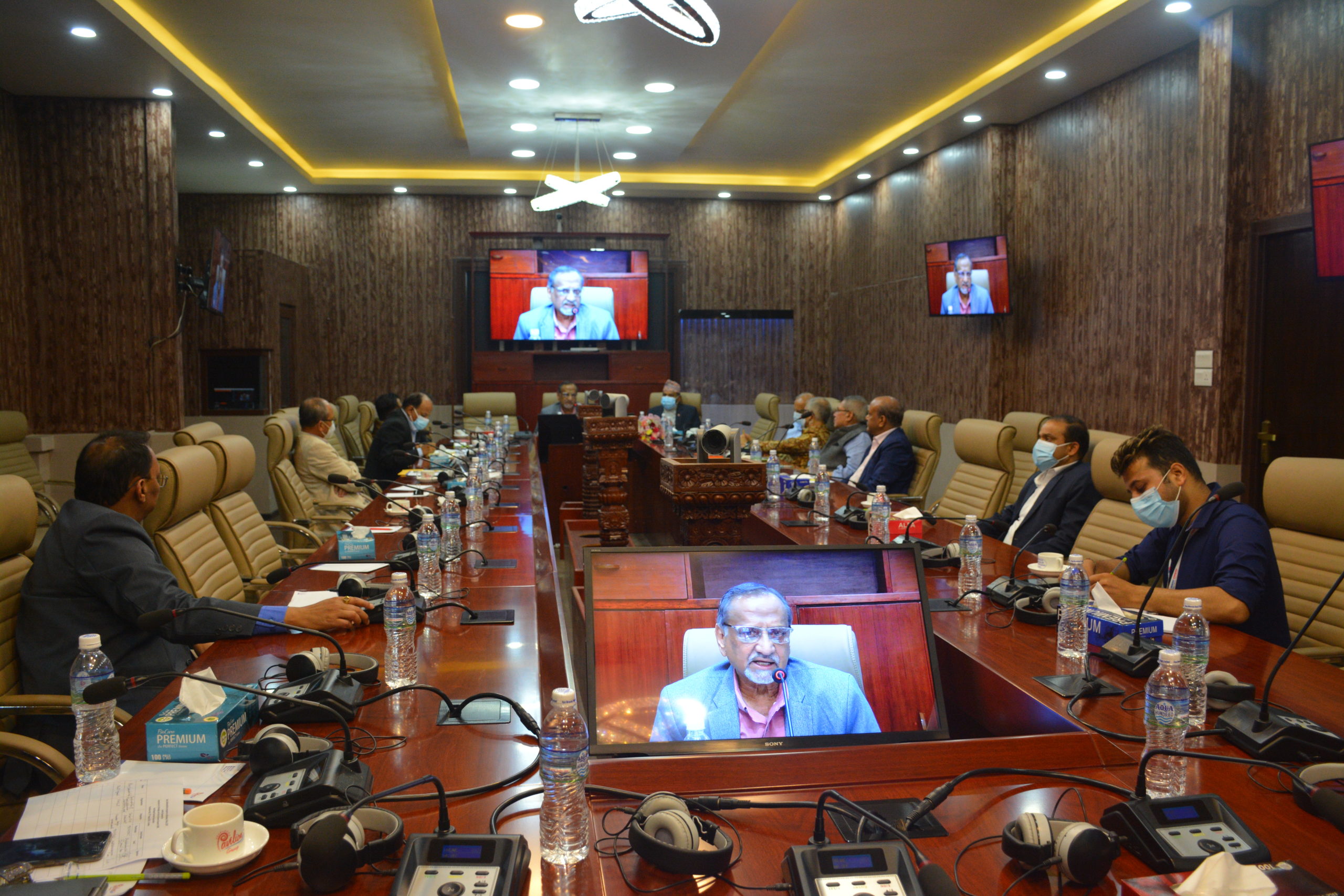
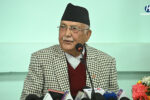


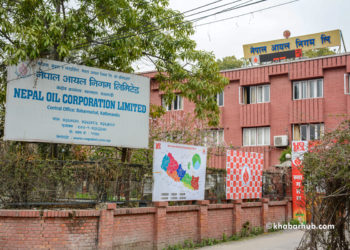
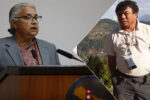

Comment